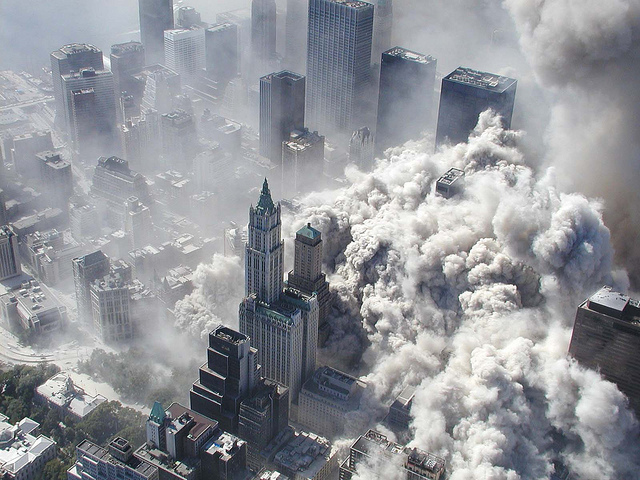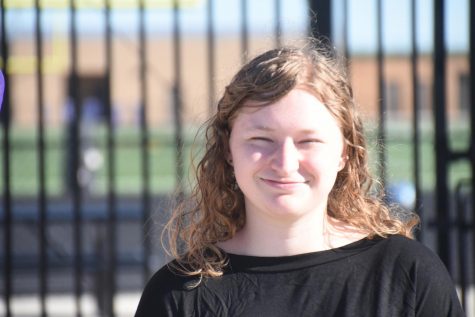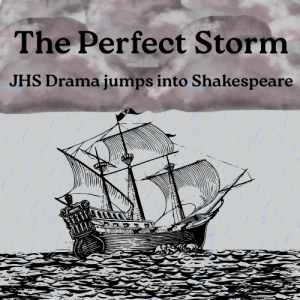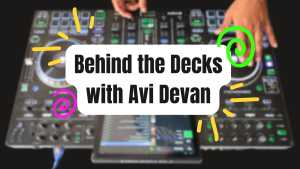Living through History
Many teachers have lived through major events that have shaped the world.
On September 11, 2001, two planes crashed into the Twin Towers and the World Trade Center. The attack caused almost three thousand deaths. The photo shows the aftermath of the attacks on the city.
April 24, 2019
Every year when US history teacher, Thomas Griffin, talks about 9/11, he is immediately reminded of the moment he found out. One of his friends found him after class with the news. “There was a tourist attack!” she said.
“A terrorist attack?” Griffin said.
“Yeah a terrorist attack!” she said.
At the time, Griffin did not fully understand how big of a deal the attack was. “I remember all that stuff. So it makes me think of all those feelings of confusion and now realizing how scary it would be,“ Griffin said.
September 11 was even scarier for individuals who knew people that lived in New York City. History teacher, Jessica Dowell’s mom worked for Nation Wide at the time. Right before the attack, her mom was in a conference call with the New York City office, which was right across the street from the twin towers. “And in the middle of this conference call, everyone was like we have to go,” Dowell said. “They disconnected and they didn’t hear from those people for like a week.”
When Dowell was teaching six sections of world studies, she would talk about the attack almost all day. “By the end of the day, I was drained,” Dowell said. “Then I got to the point at the end of the day … my emotions come up a little bit more. So there were times where I was like, ‘Ok guys I have to take a minute.’” Memories from emotionally-charged events like 9/11 can be hard to process even years after the event.
During 9/11, many events were brought to a standstill as the country tried processed what was happening. Social studies teacher, Patrick Hennes, was scheduled to take a test at Iowa State the day of 9/11. After the first crash, he started watching the news and saw the second crash live. “So I called the college, I had a history test that morning and I called and said, ‘Ok, I’m planning on being a history teacher and I’m seeing it live here. I’m not coming in for that test and I’m hoping that will be ok,’” Hennes said.
For some teachers, the Challenger disaster was another huge event during their lifetime. “We were all paying attention because there was a teacher on board,” said Hennes. He even remembers the exact class he was in when they announced the explosion over the intercom, Mr. Kroll’s fifth grade math class.
AP World History and ELP teacher, Sue Cline was teaching her first year of students during the Challenger disaster. It was so shocking that she couldn’t believe the news. “I literally left my students in the classroom and went to the teacher lounge because that was the only place that had a TV, so that I could confirm that it was real,” Cline said.
While the Challenger hit close to home because a civilian teacher was on board, the election of Barack Obama was especially relatable. In 2007, Hennes knew that one of the teachers had been active in politics before she started teaching. One day she told Hennes that Barack Obama had asked her to help run his campaign. At the time he was just one potential candidate, but he ended up winning. The year after that, Hennes got a knock on his door from the then principal, Mr. Hukee. He pulled Hennes out from the middle of his class. “I got into the hallway and he said, ‘The FBI would like to speak to you,’” Hennes said. “Which raises the anxiety levels quite a bit. There were two guys there that definitely looked like they were in the FBI.” It turned out that the teacher was becoming Michelle Obama’s chief of staff. Therefore, a thorough investigation had to be made to ensure her loyalty.
History is made everyday. These events changed history, but they also changed the lives of these teachers.





